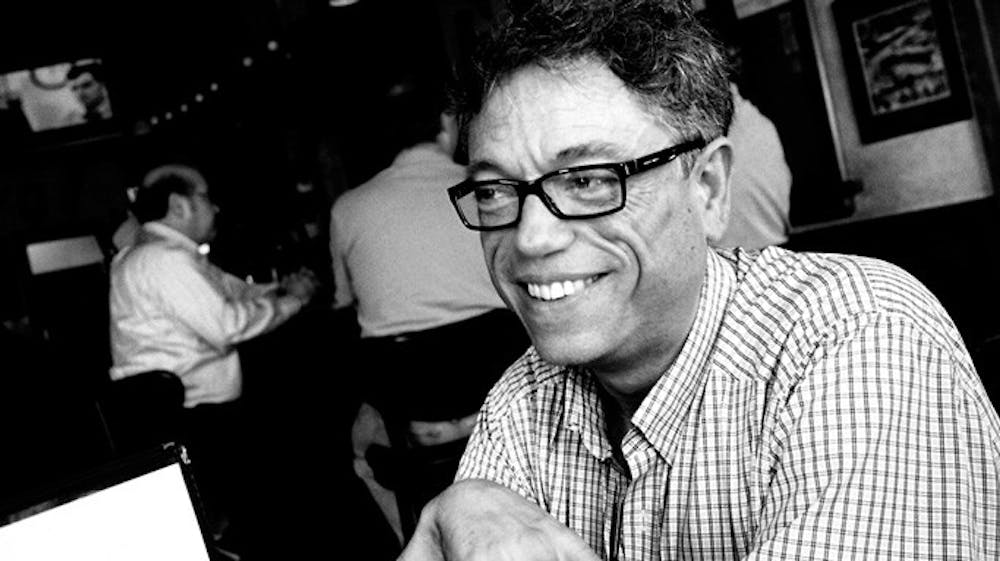Academia can often treat poetry like an obligatory scavenger hunt. Allegory, check. Motif, check. Metaphor, juxtaposition, imagery? But the value and art of poetry comes from more than a checklist of literary devices.
This Saturday, the Minor American Poetry Series will host a reading, featuring poets Ana Bozicevic and Joe Fletcher, to combat this perception.
“Most people when they read poetry don’t read it aloud to themselves,” said series founder Maggie Zurawski, a graduate student in English. “When you read it out loud, you become more sensitive to the formal aspects of poets’ work, like its musicality, and not just the aesthetics.”
The series, now in its fifth year, began as a small get-together with friends in Zurawski’s home with an occasional spaghetti-dinner preface. When Zurawski was encouraged to establish a formal reading group, the series began to take place on campus. This also allowed the group to invite poets from outside the Raleigh-Durham area.
“We invite people whose work we like, from journals or recently published books,” Zurawski said. “It’s almost like an indie rock scene. We know who’s good in our small world of writers.”
Attendees of the series’ readings range from non-Duke affiliated poets and writers from the Triangle area to Duke students and professors.
Before a reading, Zurawski and fellow Ph.D student Pete Moore work together to generate a wish list of poets people want to hear read. Usually, the series aims to feature one poet from within the area and another from outside.
Bozicevic, one of the readers this Saturday, spends most of her time writing and teaching and is currently a graduate student of English at the City University of New York. Originally from Croatia, Bozicevic moved to the United States at age 19. Poetry became one of her primary means of learning both the technicalities and nuances of the English language.
“Poetry was a way into English for me because it’s not enough just to know how to communicate,” Bozicevic said. “You have to know the language at a more intuitive level, not to just think in English but to dream and imagine in English.”
The second reader, Fletcher, a Ph.D. student in Literature at UNC, also both studies and teaches poetry. Fletcher began his undergraduate career as a pre-med student—a path not all that unfamiliar at Duke—but was transformed by his experience in translated poetry.
“I was just like, ‘Wow, you can do this?’” Fletcher said. “I seek those transformative experiences with any kind of reading.”
Curiosity and anticipation often color the atmosphere at poetry readings for both the reader and the audience: Will the poet’s live interpretation change a reader’s personal experience with the literature at hand?
“The overall connection is the goal,” Fletcher said. “For me, when you have the sense of the venue and the room’s attention, you know it’s like this charged space. People are into what is going on.”
In a world overflowing with media—flashy images, instant streaming videos, snarky updates in 140 characters or less—poetry may appear a bit outdated. It often requires a greater depth of attention that people think they’ve outgrown. Yet, the subtlety of poetry still remains powerful for many.
“Poetry is this thing that can be easily forgotten because it doesn’t fit very easily in this world,” Zurawski said. “But it also is something that can never be commodified. That’s what’s so great about it.”
Ana Bozicevic and Joe Fletcher will read as part of the Minor American Poetry Series at the East Duke Parlors on Saturday from 8 to 9 p.m.
Get The Chronicle straight to your inbox
Signup for our weekly newsletter. Cancel at any time.

